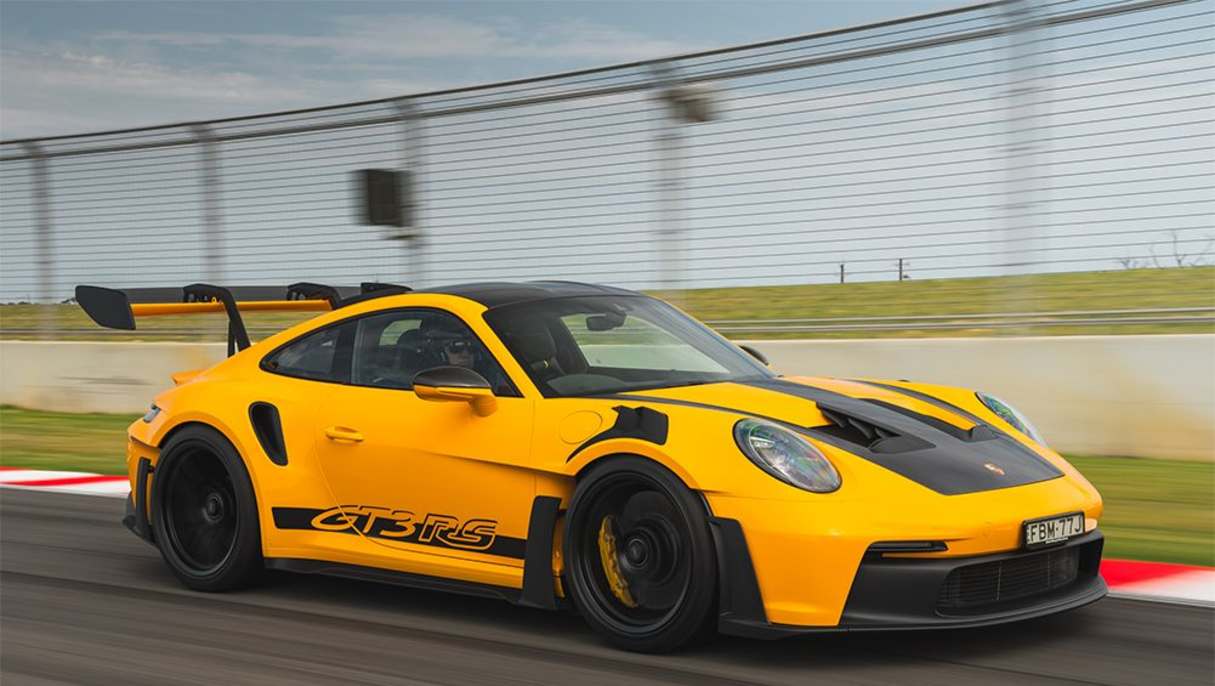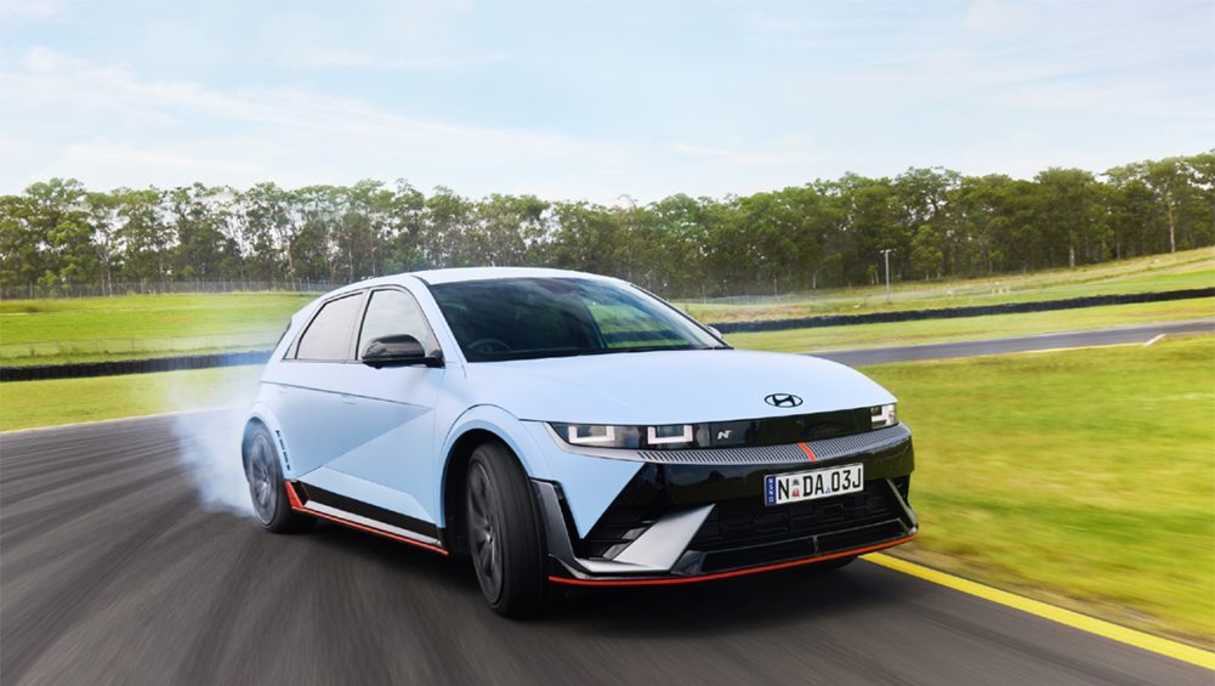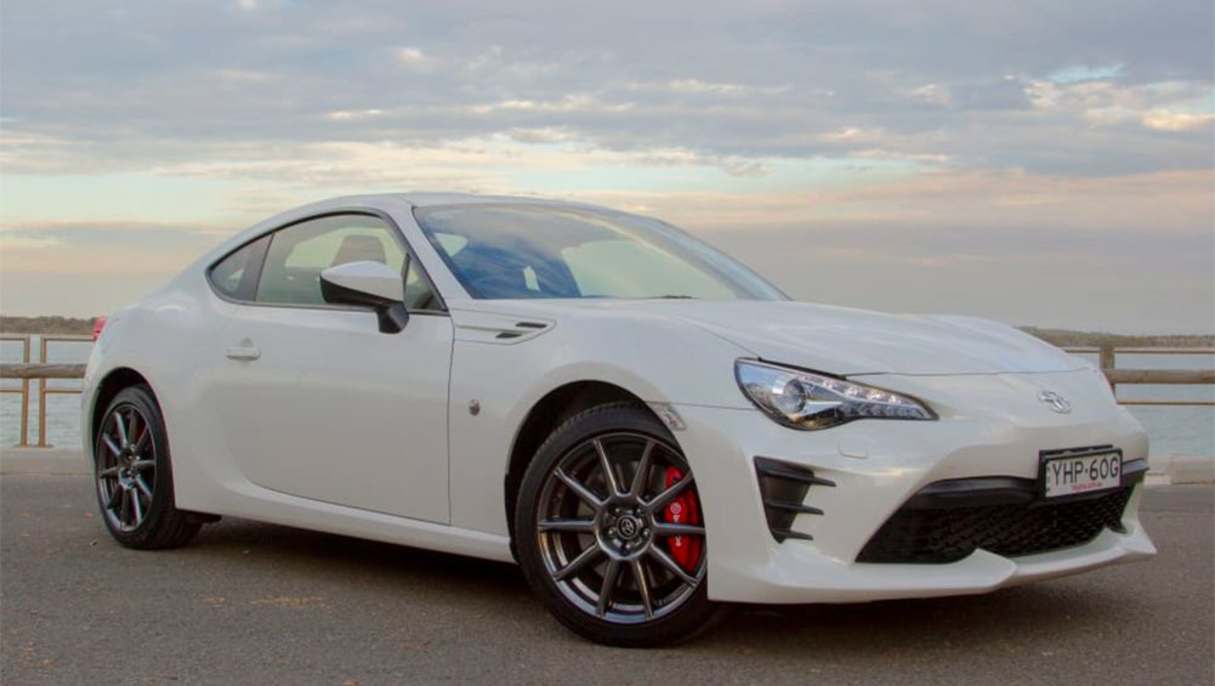I love fast cars. I’ve been a fan of anything quick since I was a kid, watching every form of motor racing and day-dreaming about supercars. I love driving quickly – in a safe environment, of course – and experiencing the thrill of rapid acceleration and pushing a vehicle to its dynamic limits. Which I say to set the scene for what I’m about to say.
It’s time to slow down.
This is not a road safety story (although, just to be clear, road safety should always be your number-one priority when driving). No, this is about the dangerous power war that car brands have engaged in over the last few years. It was something brought into sharp focus for me recently, after I drove two very different but surprisingly similar cars - the Hyundai Ioniq 5 N and the Porsche 911 GT3 RS.
What does an electric SUV and a pure-bred sports car have in common? Well, both are now at the extreme edge of what’s appropriate for a road-legal car.
And, for clarity, I don’t mean ‘appropriate’ in the sense of what the law will allow, because neither are hypercars, but rather what’s appropriate for you and I to actually drive on the road and enjoy ourselves.
Let me explain.
In its standard settings the dual electric motor powertrain of the Ioniq 5 N makes an impressive 448kW/740Nm. That’s pretty standard for a supercar, but in the context of what Hyundai has offered previously and the customer base it's accustomed to dealing with, this is a quantum leap forward. It’s a mind-bending 242kW/348Nm more performance than the brand’s i30 N hot hatch and its 2.0-litre turbocharged petrol engine.
That’s like jumping from a hot hatch into a supercar, at least in terms of straight-line performance if not outright handling.
And speaking of supercars and handling, that brings me to the 911 GT3 RS. This latest-generation model is the result of years of honing the 911 into the most dynamically engaging sports-car range on the planet.
The problem Porsche has found is that as it has improved each successive model, it has forced itself to raise the bar ever higher for its range-topping GT3 RS variant. So much so that the latest example features a range of racing-derived technology, including things like a Formula One-style ‘DRS’ (Drag Reduction System), that means a moveable rear wing that can open on the straights to help you go faster.

The 911 GT3 RS has multiple systems like that, designed primarily for the racetrack, but you’ve still got them at your disposal on the road. The idea that you can be sitting at the local shopping centre car park and you can adjust the ‘downforce mode’ in your car shows us just how close to the bleeding edge of performance we have come.
What both the Hyundai and Porsche have in common is that they are both much too fast to actually drive with purpose on the road. Sure, you can still have a good time, but to really experience the full potential you’ll need a racetrack, otherwise even a ‘spirited’ country road blast in the Ioniq 5 N or 911 GT3 RS will feel like a gentle canter.
But these two are just extreme examples, there are countless others that demonstrate an industry-wide trend. Hot hatches with less than 200kW are considered ‘modest’ these days, sports cars continue to get quicker and the rise of electric performance cars threatens to dramatically transform the industry again.

If more EVs follow the example of the Ioniq 5 N, I’m concerned we’re headed down a path of extreme performance across the board. One of the reasons the i30 N can’t make 448kW/740Nm is because you can’t fit an internal-combustion engine that makes that much grunt into a hatchback. That’s not the case with compact electric motors, you can now squeeze epic levels of power and torque into even the smallest model.
There’s a real danger that we’re headed down a path of extreme performance that will not only make the roads less safe but also less fun. I enjoy driving a car quickly on the road, my first car was a very modest Alfa Romeo Alfasud and what it lacked in kilowatts it made up for in dynamic handling. It was a great first car because it taught me how to carry corner speed and enjoy a twisty road - without breaking the speed limit.
In a modern hot hatch it doesn’t take much to find yourself in territory that will land you in serious trouble with the law.

To be crystal clear, I am most definitely not calling for every single performance car to be neutered and we all go back to driving hot hatches with the same power levels as a ride-on lawn mower. No, what I want is balance. A balance of performance and usability and a balance between more extreme cars like the Ioniq 5 N and its conventional i30 N sibling.
A car like the original Toyota 86 was often criticised for its perceived lack of power, with only 147kW, but the reality was, because the 86 was fitted with low-resistance tyres from the Prius, the company had found the perfect balance between power and grip and that led to a car that was a pleasure to drive on both the road and the track.
Unfortunately, as we’ve already seen with the more powerful second-generation GR86, more power is the inevitable cost of progress.
The question now is - how far will it go?
Will the rise of electric performance mean 400kW is the new 200kW? Will every electric hot hatch have the power of a Porsche? Will the next-generation 911 GT3 RS even be available with number plates or will it just get a racing number on the side?
While they may sound flippant, these are real and serious questions. I’ve enjoyed plenty of track days in my time, but there’s nothing better than a weekend blast in the countryside with a fun and engaging car, and that doesn’t mean it has to have headline-grabbing power figures.





.jpg)
.jpg)

.jpg)
_0.jpg)


.jpg)




.jpg)
.jpg)










